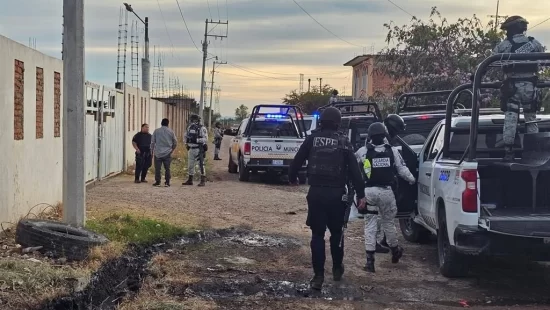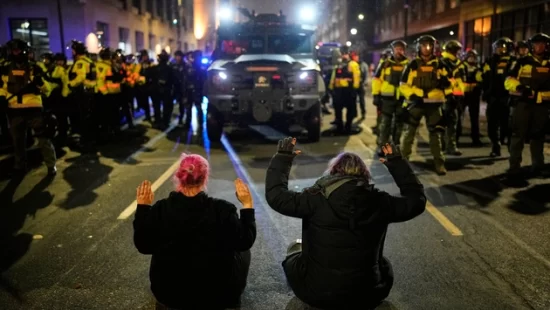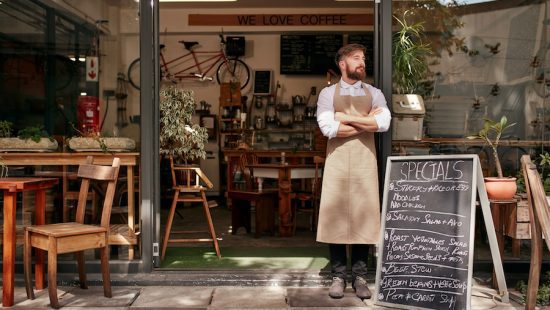Florida has historically been an oasis for retirees. Nearly a third of the state’s elder care workforce is concentrated in the south end of the peninsula, between Miami and Palm Beach.
For a long time, newly arrived immigrants were a reliable source of candidates for these jobs in an industry that has historically struggled to maintain the necessary staffing levels, both due to the inherent demands of the job and the low pay—barely above Florida’s minimum wage.
Now, the Trump administration’s immigration policies, which include an agenda to detain 3,000 people per day, have begun to take their toll on this sector.
While the impact has been felt nationally, in South Florida, the place of residence for the majority of the hundreds of thousands of immigrants suddenly left without legal status after the administration canceled their temporary protections or humanitarian permits — including Haitians, Cubans, Venezuelans, and Nicaraguans — the blow has been particularly brutal, said experts, business owners, and service provider associations.
In Miami, they are known as chechei—recreating the way the acronym for Home Health Aide, HHA, sounds to a Spanish speaker. Many of the Latin American immigrants who have arrived in the U.S. Recent years, willing to work hard, have found that by completing a 75-hour course, they could obtain a certificate to care for the elderly or disabled, for around $14 an hour. Some have become certified nursing assistants (CNAs), which lets them work in senior residences or nursing homes, where they earn just over $15 an hour but receive some additional benefits such as health insurance or bonuses.
Esmeralda Vigay, from the Miami franchise of Home Instead, a renowned national network specializing in home care for seniors, said that the staff, “made up of people of all nationalities,” has recently been reduced, and they are having difficulty replacing those who leave.
“Many patients who had a caregiver for a long time, to whom they had grown familiar and with whom they had formed an affectionate bond, have suddenly found themselves looking for another one,” she said.
Leiza Rodríguez, who runs a small family-run day care business for seniors in Homestead, south of Miami, said that one of her four employees, a Cuban man who had arrived less than two years earlier through the humanitarian parole program known as CHNV, suddenly “had his work permitted taken away.”
The man drove the bus that picks up about 25 clients from their homes each day to take them to the clinic, a key function of the business. Rodríguez had to “move quickly” to replace him, but the position requires background checks, drug tests, and other paperwork that takes time. “We lost money,” she said.
“Many people I know, including other businesses, have been affected,” said Rodríguez, who has run the care center since 2011. All of her employees have always had “work permits and their papers in order,” including those who had “asylum or parole,” she added.
The Trump administration revoked the legal status of half a million people who arrived in the U.S. through the CHNV program and hundreds of thousands more who entered using the CBP One program in April. It also canceled Temporary Protected Status (TPS) for half a million Haitians, some 600,000 Venezuelans, and tens of thousands of Hondurans and Nicaraguans.








